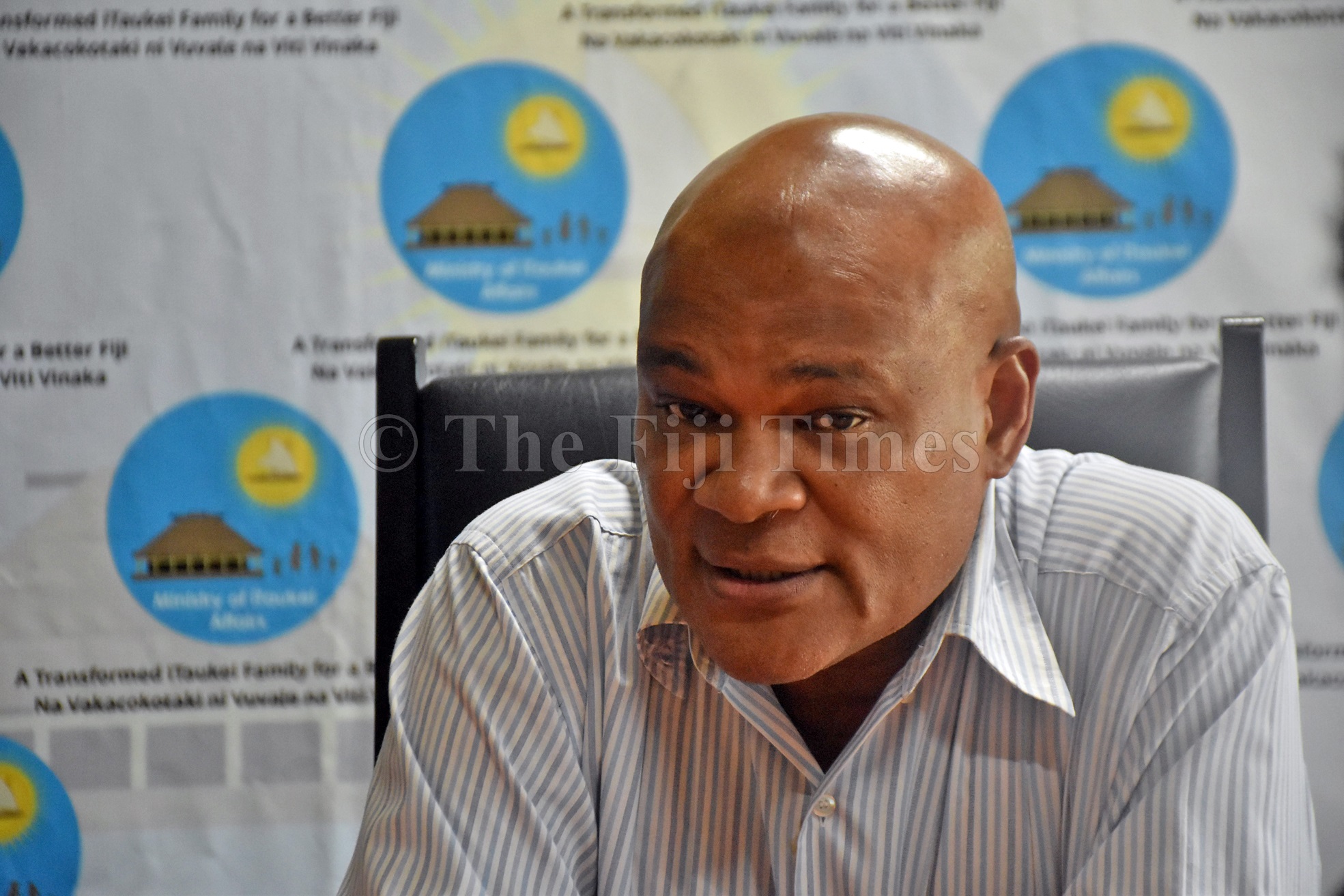The Ministry of Civil Service is reviewing the policy decision that all study leave applications in the civil service must first be vetted by the ministry before they are approved.
This comes just weeks after a circular dated July 25, 2025 stated that the move will ensure full compliance with the Government’s Learning and Development Guideline, particularly provisions under Section 6 which governs scholarships and study leave.
In response to questions from The Fiji Times, acting permanent secretary for Civil Service Pita Tagicakirewa said the guideline was “comprehensively developed through rigorous consultations with all stakeholders concerned; monitoring is part of the implementation process”.
He explained that the rationale for the initiative was to ensure consistency in governance, HR practices, and service delivery standards across Government.
“The ministry does not intend to replace existing corporate teams within ministries. Rather, our role is to ensure that the implementation of study leave is applied consistently across all ministries, in line with the Civil Service Regulations endorsed by the Public Service Commission,” he said.
On how the structure will complement rather than duplicate existing work, Mr Tagicakirewa said Circular 09/2025 required applications to be referred to the Ministry of Civil Service, while respective ministries remained the approving authority.
“This process ensures consistency in the implementation of Section 6 of the Learning and Development Guidelines,” he said.
He said the measure was expected to bring improvements and efficiencies by ensuring uniformity in implementation and aligning training with Government’s scarce skills priority areas.
Mr Tagicakirewa added that the ministry was working with other agencies to avoid overlaps or conflicts, through centralised procedures, training via the Fiji Learning Institute for Public Service (FLIPS), and continuous monitoring and advisory support.
On consultations, he said the guidelines had been built after “rigorous consultations with all stakeholders concerned”.
Success of the initiative will be measured through targeted training support, evaluation of core-skills programs, coordination to address scarce skills, and workplace performance assessments.
Mr Tagicakirewa said these mechanisms would allow the miistry to monitor efficiency, workforce capacity and service delivery across the public sector.

